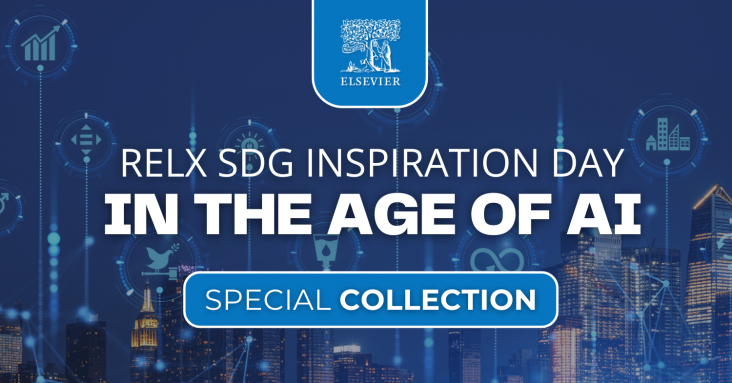
Waste Management for Sustainable and Restored Agricultural Soil, Agricultural Soil Degredation and Restoration, 2024, Pages 371-386
This content aligns with Goals 11, 12, and 13 by explaining how indigenous technical knowledge can enhance and complement OF: (1) biodiversity and traditional seeds, (2) ecosystem integration, (3) natural pest and disease management (4) soil health and fertility, (5) cultural and spiritual significance, (6) community engagement and decision, and (7) climate resilience.
Until now, the absence of data on global building floorspace has impeded the measurement of building carbon intensity (carbon emissions per floorspace) and the identification of ways to achieve carbon neutrality for buildings. For this study, we develop a global building stock model (GLOBUS) to fill that data gap.
The study demonstrates that natural levee evolution in the central Kanto Plain is controlled by river migration and sea-level fluctuations, which are influenced by climate change, providing insights that can inform climate action.
The effect of temperature on language complexity: Evidence from seven million parliamentary speeches
iScience, Volume 27, 21 June 2024
